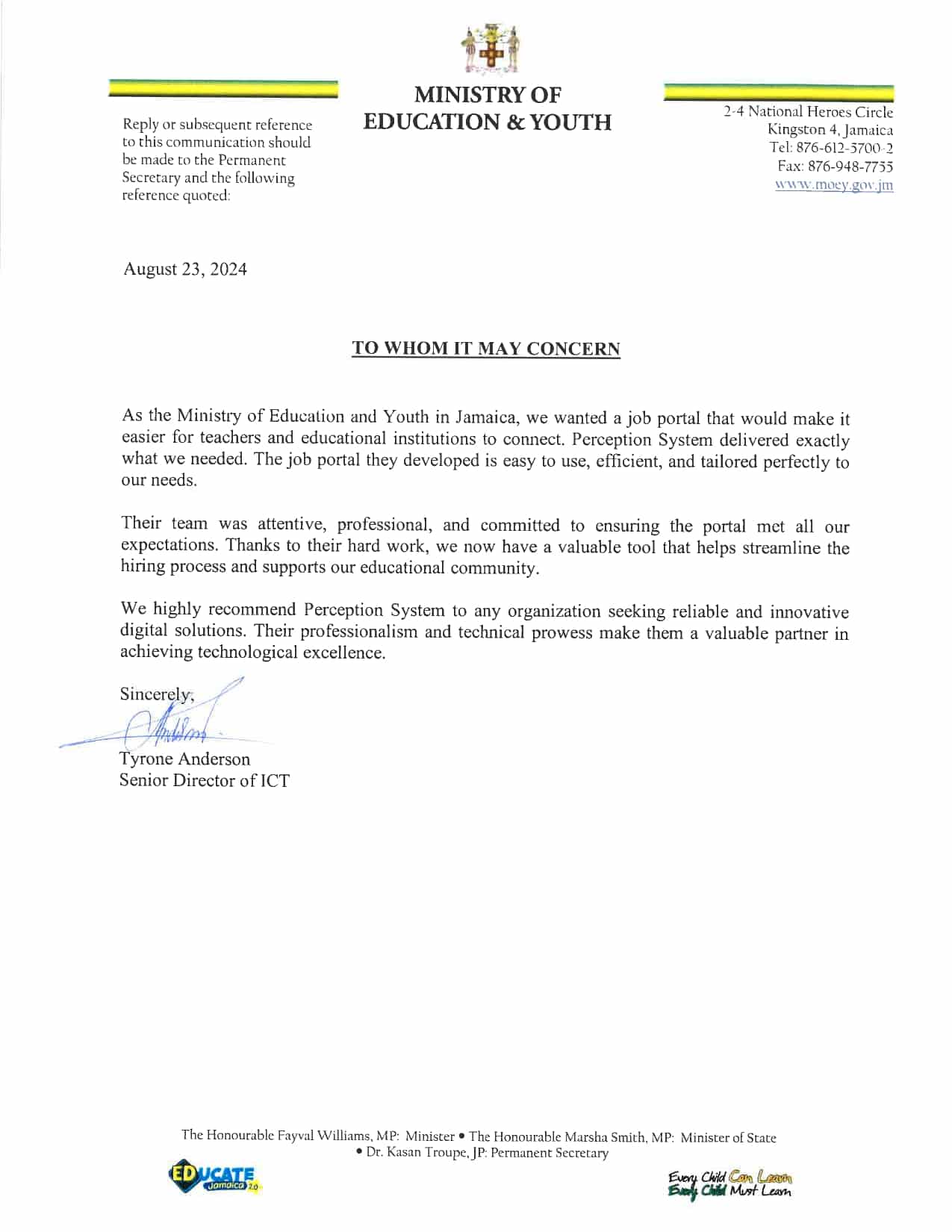Today, mobile devices like smartphones and tablets are in every hand. Recent data say iPhone is the first choice for a smartphone in the USA, Canada, and European regions. Android is ubiquitous.
Table of contents:
Increased Mobile Usage and Demand for Mobility Advanced and Technical Reasons for That Hospitals Need to Have a Fully Functional Mobile Application Healthcare App Meets Demands of End-users
Patient Module
Receptionist Module
Physician Module
Nurse Module
Pharmacist Module
Admin Module
Clinical Research Module
Increased Mobile Usage and Demand for Mobility
The majority of the population of the world prefers access to the Internet and other services through their mobile devices. It means healthcare services are not aloft from the increased mobile usage trends.
This one is solid, and the first reason describes why hospitals must have a mobile application. Of course, mobility comes with mobile devices and mobility has myriads of advantages in itself so, I will not go to explain all here, we all know it well.
Hire on-demand dedicated developers of desired skill & experience.
Advanced and Technical Reasons for That Hospitals Need to Have a Fully Functional Mobile Application
To describe other reasons, I would like to take a bit different route so you can get technicality involved in it in comprehensive manners.
Hospitals are a part of the healthcare industry/niche. Healthcare industry has a number of components including
- Healthcare End-users: Healthcare beneficiaries such as patients and fitness seekers.
- Healthcare Experts: Healthcare services providers including doctors, nurses, clinical assistants, help desk service providers, and cashiers/accountants.
- Healthcare Infrastructure: Healthcare service is providing institutions including medical colleges, clinical research institutes, large to mid-size hospitals, mid to small size clinics, first aid treatment centers.
- Healthcare Aids: Healthcare drug, equipment, emergency vehicles, and sanitary chemical providers such as pharmacists, surgical stores, and mobile units (Ambulances).
Here, I have described the major four categories of users of the healthcare industry in a nutshell. Based on these, you can imagine how large and complex the industry itself. It is true that a single mobile app hardly covers most of the users and meet their advanced expectations of features, functionality, and syncing ability in highly collaborative ways.
If you are a tech-savvy doctor, hospital admin, or a good manager, you can imagine a mobile application with a single back-end may prove inadequate and inefficient in delivering satisfactory results for the large to mid-size hospitals.
As a software developer for years, and serving healthcare industry, I know it demands a data-driven and efficient web application with powerful back-end and website/web portal like front-end would be the first need to support the mobile application/s attached with it.
Now, we will see how mobile healthcare application can fulfil the demands of described user categories. Below are a few much needed features, every hospital mobile application should have-
Healthcare App Meets Demands of End-users:
Patient Module
If we look at the patients’ journey carefully, we can imagine when and where patients need a mobile app. As per my guess, following are use-cases & features in the patient module.
- A search of Hospitals: Patients have to find the hospital in the vicinity and suitable for their requirements as well as budget. Location maps, directions, distance, and details of hospitals are expected data in the hospital app for needy patients.
- Search for Doctors: Depending on the disease or issue, the patient looks for the availability of expert doctors in the hospital. The app helps the patient to find the right doctor and check details as well as reviews to assure appropriateness of the doctor for the requirements.
- Booking an Appointment: A patient can get details of the availability of the selected doctor including the calendar and book an appointment within a suitable time slot. The app gives notification in the response of the booking to confirm it.
- Prescription & Tests: A mobile app eliminates the need for paper-based prescription and doctor can input prescription data in patient’s module. Similarly, the laboratory can imprint the results of various medical and physiological tests in the patient’s module. These ways, the app can keep the entire history of the patient and makes the relevant data available to the concerned professionals including doctors, nurses, assistants, lab technicians, and pharmacists.
Receptionist Module
The app enables receptionist to attend the following tasks.
- Attend the inquiries from patients and other components of the hospital system.
- Collect the patients’ info, based on it register the patient so patients will have their modules in the app, and proceed for booking appointment for the registered patients.
- Helps in checking the schedule of concerned doctors and book appointments for patients with the consent of doctors.
- Notify patients for the appointments and after the arrivals of the patients, notify the doctors for their presence.
Providing accurate patient data to the hospital’s digital system becomes easy.
Physician Module
Physicians or doctors can enjoy the following privileges in an app module devoted specifically to them.
- Physicians or doctors are receiving primary data of new patients in their modules before their arrivals.
- Doctors have a complete record of the history of the repeat patients as soon as they enter in consulting room or OPD.
- The doctor can approve or reject the appointment requests of the patients according to the calendar in the app and confirm the appointment with notification to the helpdesk as well as patients directly.
- The doctor can check the medical history of patients including tests, reports, and prescriptions made before.
- The doctor can add new diagnostic data as well as prescribe medicines accordingly through the app so patients can obtain medicine from the pharmacists directly without any paperwork and paper file.
- Doctors can access the status of various medicines in the pharmacy store in the hospital as well as externally affiliated stores in the vicinity. Thus, they can make or change the prescriptions according to available inventory.
- The doctor also fixes the appointment for the next visit, surgery or any special treatment needed for the patient through the app.
Nurse Module
The app helps nurses and assistants to accomplish their duties with ease and comforts without rising adrenaline in emergencies.
- Nurses and other medical assistants can access the patient data instantly on the app.
- Medical history, doctors’ instructions, test reports, and prescriptions are available in the nurse module for the admitted patients.
- It eases the decision-making process for the treatment, and proceed for the treatment swiftly.
- During the treatment of admitted patients in emergency wards or trauma centers, medical assistants and nurses can communicate doctors as well as subject specialists quickly without making any call and disturb the experts.
- Nurses can know the medical inventory, equipment availability, and status of beds to make a quick arrangement of emergency and repeater patients.
- Nurses can fill patient data in the app regularly and save paper and work a lot.
- Nurses can be sent patient-data instantly to obtain the help of the doctors or experts
Pharmacist Module
The majority of hospitals have their own pharmaceutical stores and keep inventory to get medicines within the campus, all at no profit basis and provide the best quality. Thus, pharmacy is an integral part of the hospital and attached closely with the entire digital system of the hospital. Pharmacist module can help the healthcare industry in the following ways.
- It helps patients to obtain medicines inaccurate ways because we know how the writings of doctors are famous on prescriptions!
- The store manager can get the status of inventory and order the medicines accordingly to the wholesalers directly via the app.
- Storekeepers can communicate directly to the concerned doctors via an app for required changes due to the availability of stocks of medicines in the prescriptions of patients without sending them back.
- The store manager can update the stock regularly.
Admin Module
A mobile application attached to the back-end of the intranet or Internet application eases the entire hospital administration in astounding ways. Following advantages are common with admin modules.
- Super admin can allocate different admin roles with different privileges like a manager, head of the department, team leader, and so on.
- App alleviates the paperwork for the entire hospital and saves time to keep files and transfer those frequently from one table to another.
- The mobile application brings transparency in the entire administration process and makes everyone responsible involved in the processes of the hospital.
- App speeds up the decision-making process at every level from top to bottom by syncing the data and processing it in consumable formats for all.
- App provides mobility to each component of the administration and improves productivity with the required precision.
- Mobile app cut the administration costs drastically and solve problems pertaining to talent acquisition as well as retention.
- An app eases admin processes for the allocation of various medical resources like infrastructural facilities, amenities for staff and patients, beds, stretchers, mobile vans, ambulance, equipment for tests and treatment, medicines, and incentives for the working staff.
- An app eases communication among all components of the hospital in highly collaborative ways to deliver excellence.
Clinical Research Module
Most of the government-sponsored clinical research involves a number of large to small hospitals, medical education institutes, and pharmacy companies working at the global level. If your hospital is a part of it, the clinical research module can help the researchers, scientists, doctors, and field assistants in the following ways.
- App obtains the data of patients involved in clinical research automatically to the research scientists.
- Make form filling easy for patients, field workers, doctors, and nurses taking part in clinical research
- Rapid retrieval of data for students, scientists, and doctors to take decisions based on scientific findings.
- Collection and storage of data in a safe way becomes a possibility with the secured app and backend system. The cloud-based database is an excellent choice for the app.
Hire dedicated team for your next web development project.
Takeaway
We have seen how the healthcare software system is large and encompassing myriads of software modules to gain immense benefits to its different kinds of users and public. Today, without a mobile application integrated with the existing software system, hospitals are unable to deliver cutting-edge healthcare services at competitive rates.
Now, the question is who can deal with such large scale and intricate Healthcare Application Development? Perception System, San Jose, USA had prior experiences to create such software systems and delivered excellent mobile experiences in the mobile app development for healthcare and pharmacy industries.





